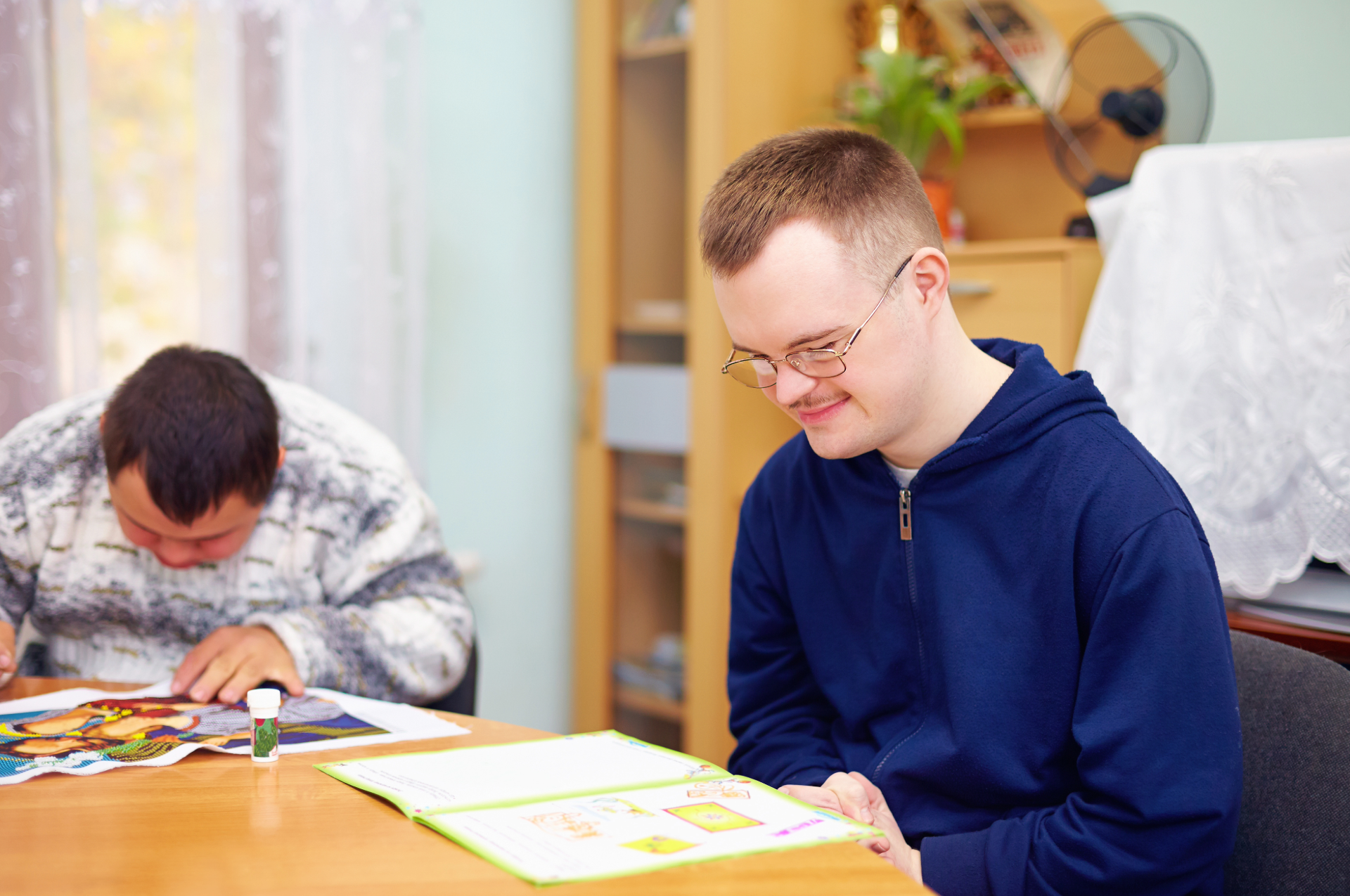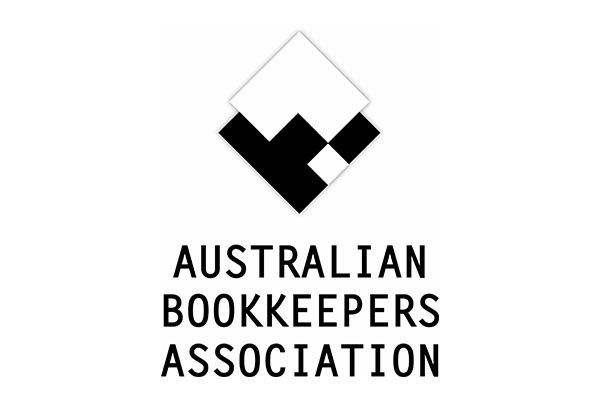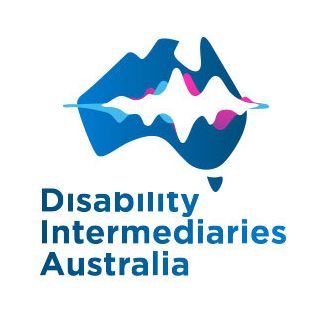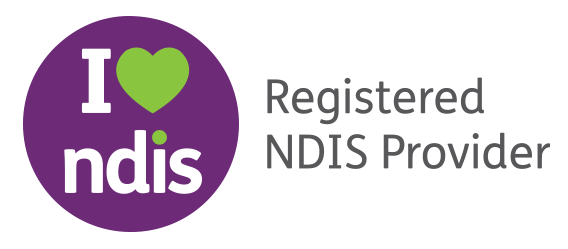Participant Enquiries
Does the NDIS Fund Music and Art Therapy After the Latest Changes?

The National Disability Insurance Scheme (NDIS) is essential in offering support to Australians with disabilities. It aims to help NDIS participants achieve greater independence, engage in the community, and improve their quality of life. Through the scheme, eligible participants can access personalised plans and funding for services such as therapy, assistive technologies, and community programs. The NDIS also supports families and carers by offering resources and assistance to manage the challenges of disability.
On October 3, following extensive community consultation, the Australian Government implemented new legislative measures to clarify NDIS-funded support. This includes an updated definition of supports that align with evidence-based practices.
Music and Art Therapy: What's Changing?
A new Operational Guideline will be released on 2 December 2024, offering clear guidance on therapy supports. From 1 February 2025, there will be changes to how participants can access music and art therapy:
- One-on-One Sessions: Participants can receive therapy at a rate of $67.56 per hour when delivered by a registered provider.
- Group Sessions: Therapy will be available at a rate of $193.99 per hour for groups of at least four participants, encouraging community engagement and inclusion.
Current arrangements will remain in place until February 2025, giving participants and providers time to transition to the new structure. For participants with art or music therapy listed in their plans as a reasonable and necessary support, access to higher funding rates will continue.
Evidence-Based Standards for Therapy
Art and music therapy, while beneficial, do not currently meet the NDIS’s evidentiary standards required to be classified as ‘therapy.’ However, they remain permissible under the scheme. The NDIS focuses on funding evidence-based therapies that improve or maintain participants’ functional capacity in areas like communication, mobility, personal care, and community living. Therapies such as psychology and occupational therapy meet these standards and are funded at higher rates.
To better evaluate the benefits of art and music therapy, the NDIA has referred them to the NDIS Evidence Advisory Committee (NDIS EAC). This committee provides expert guidance on the evidence supporting therapeutic services. The goal is to ensure participants receive effective, value-driven supports that deliver meaningful outcomes.
What Does the NDIS Fund?
The NDIS funds supports that meet all of the following conditions:
- The support must specifically target impairments that meet the disability or early intervention criteria set by the NDIS (or both).
- The support should help you achieve your personal goals and aspirations.
- It must support your social and/or economic participation, helping you connect with your community or improve your work opportunities.
- The cost of the support must be comparable to or cheaper than alternative options that achieve the same result (as per NDIS Supports for Participants Rule 3.1(a)), and/or
- The support is expected to reduce the need for other supports in the future, lowering long-term costs (Rule 3.1(c)).
- The support must be proven to work well for you and provide clear benefits.
- Maintains the informal support you receive from your family, friends, or community.
- The support must align with the types of supports the NDIS provides.
What Happens if the NDIS Doesn’t Include the Support You Want?
Once the NDIS identifies supports that meet its funding criteria, these supports, along with their descriptions and funding amounts, will be included in your plan. If a requested support doesn’t meet the NDIS funding criteria, it cannot be included. But this doesn’t mean they can’t help in other ways.
The NDIS may evaluate whether an alternative support option or a revised description of the support aligns with the established guidelines.They can connect you with other services, such as local community groups or government programs, which are open to everyone. These services can help you gain skills, independence, or social connections.
If you find yourself in this situation, reach out to the NDIS for assistance. They may be able to provide help before your plan is finalised or at any other time. You will also receive a written explanation of why a support was or wasn’t included in your plan, so you’ll always know the reasons for their decisions.
Concerns Relating to Music and Art Therapy Changes in the NDIS
The changes to how music and art therapy are funded under the NDIS have raised several concerns among participants, providers, and the wider community. Participants worry that this may reduce the focus on creative therapies that provide significant emotional and psychological benefits.
The Australian Music Therapy Association (AMTA) has expressed frustration about the decision and continues to advocate for the 950 registered music therapists across Australia and the many NDIS participants who rely on music therapy to transform their lives. They urge decision-makers to pause the decision immediately and conduct an independent review to ensure fairness and transparency.
Final Thoughts
The recent updates to the NDIS guidelines reflect the government’s commitment to refining supports while aligning them with evidence-based practices. However, the implications for music and art therapy highlight the complexities of balancing cost-effectiveness with holistic care.
If you’re an NDIS participant or provider, now is the time to review these changes, understand their impact, and prepare for the transition.
For more information or to discuss your needs,
Empowrd is ready to assist you at every step of your NDIS journey through
NDIS plan management and
NDIS support coordination. Explore our website or contact us at
(08) 8683 4401.
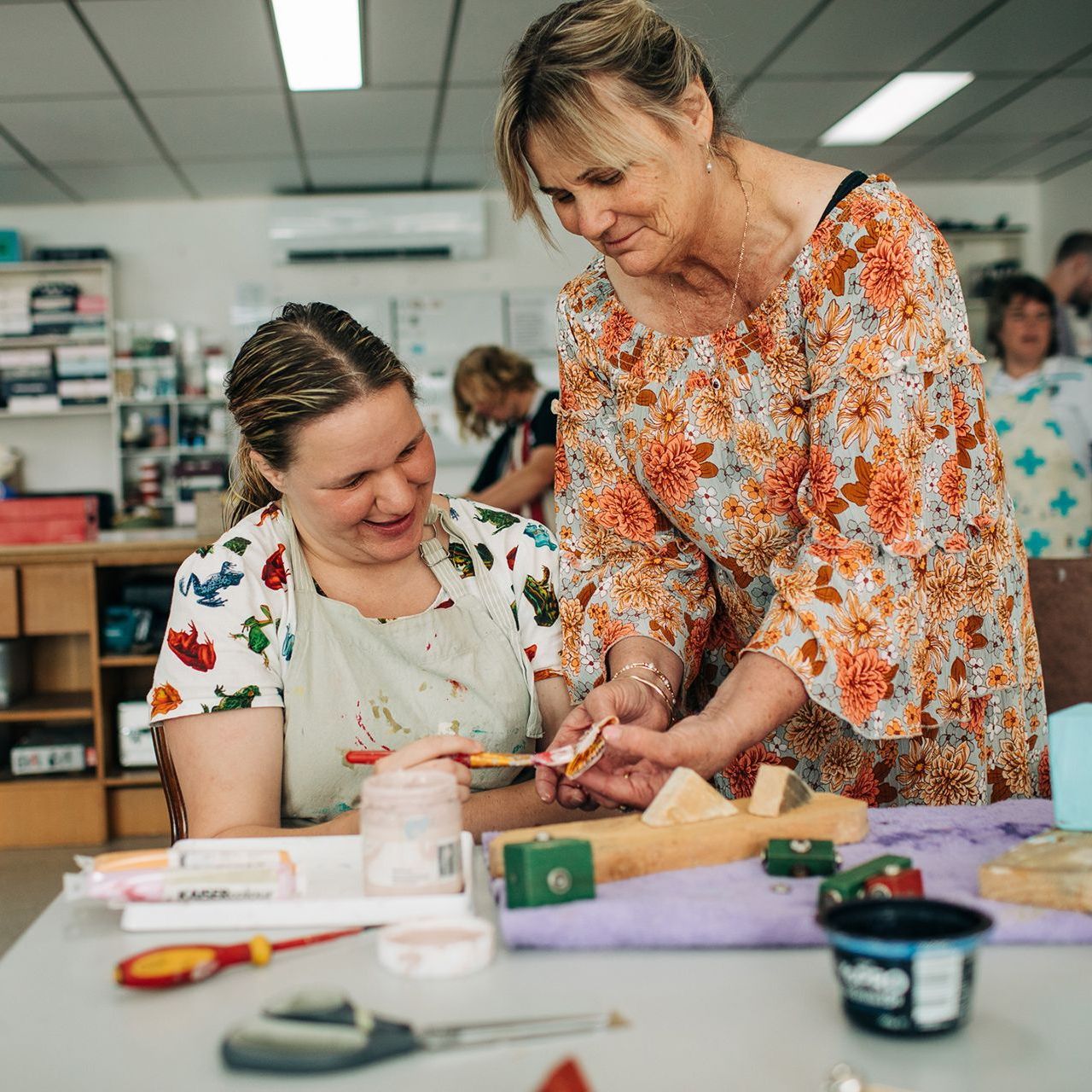
NDIS Plan Management and Support Coordination
At Empowrd, we are here to make your life easier. Based in Port Lincoln on the Eyre Peninsula, we offer a personal, accessible and holistic approach to NDIS Plan Management and Support Coordination.
We provide Plan Management services across Australia, assisting with financial administration, and offer Support Coordination to participants in Port Lincoln and Eyre Peninsula, connecting them with the right supports and providers. Our goal is to ensure your NDIS plan works for you, so you can focus on achieving your goals and doing what you love.
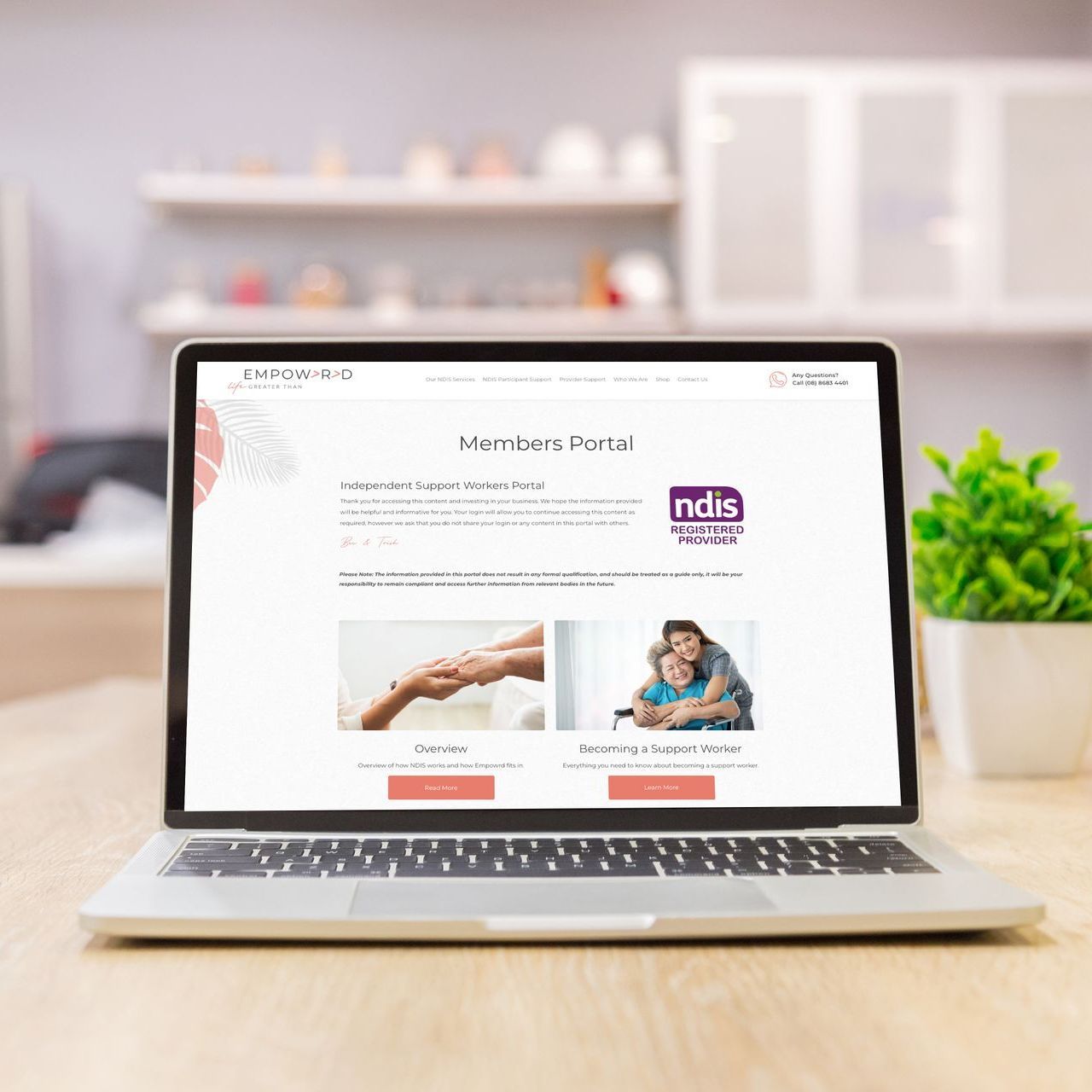
Want to Become a Support Worker?
Our Independent Support Workers Education Portal provides everything you need to navigate the NDIS, find work, and confidently offer services as an Independent Support Worker. For just $65, you will gain access to comprehensive guides, essential resources, and ready-to-use templates to streamline your work.
Inside, you will find:
- A clear breakdown of how the NDIS works
- Tips for finding jobs and delivering services
- Step-by-step guidance on invoicing and support planning
- Ready-to-edit templates for quotes, service agreements, invoices, and case notes
Need just the templates? You can also purchase them separately as standalone resources.
I hope you enjoy reading this blog post.
If you are ready to be Empowrd to live your life to the fullest, let us steer you on the right path.
Be EMPOWRD to Live Your Best Life
If you’re ready to be empowered to live life on your terms, we’re here to help guide the way. At Empowrd, we offer a personal, accessible, and holistic approach to NDIS Plan Management and Support Coordination. We’ll ensure your plan works for you, allowing you to focus on your goals and the things you love most.









